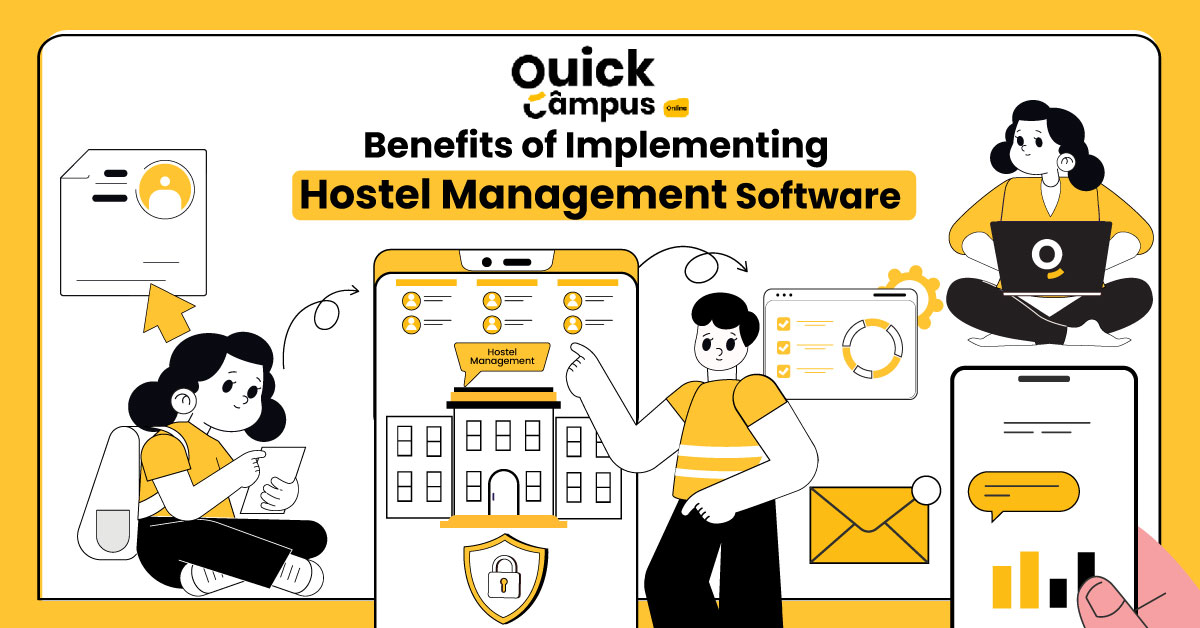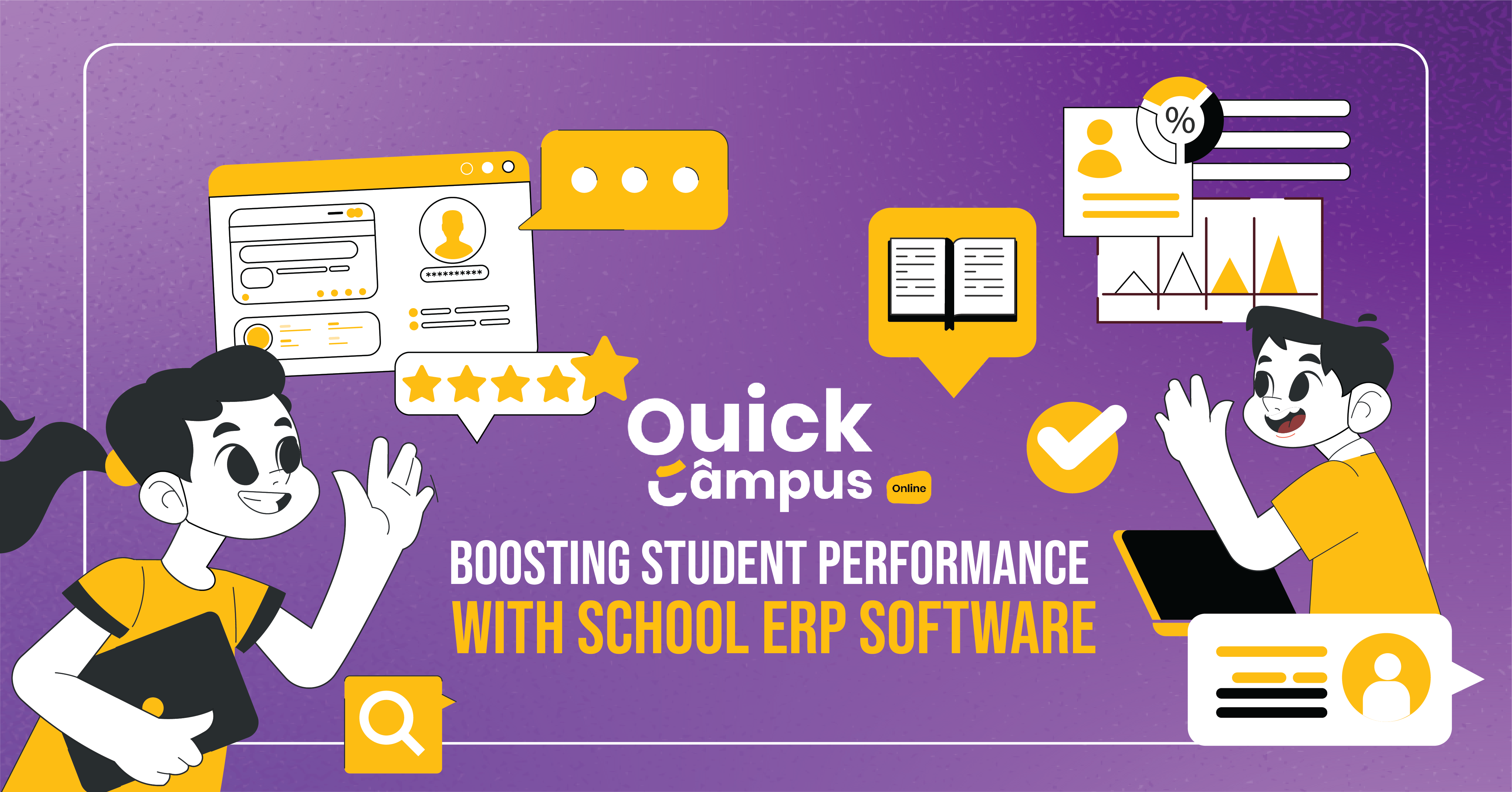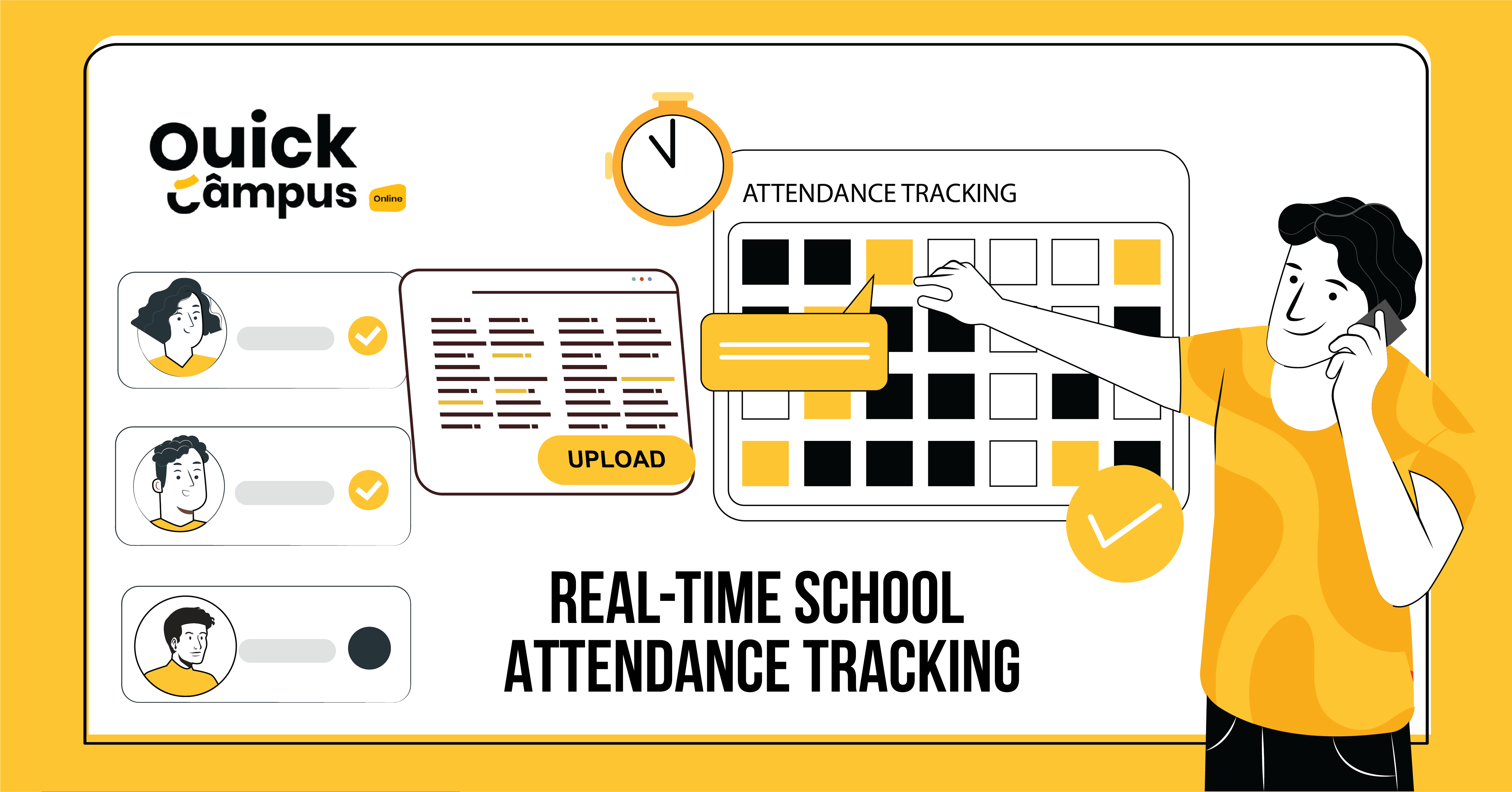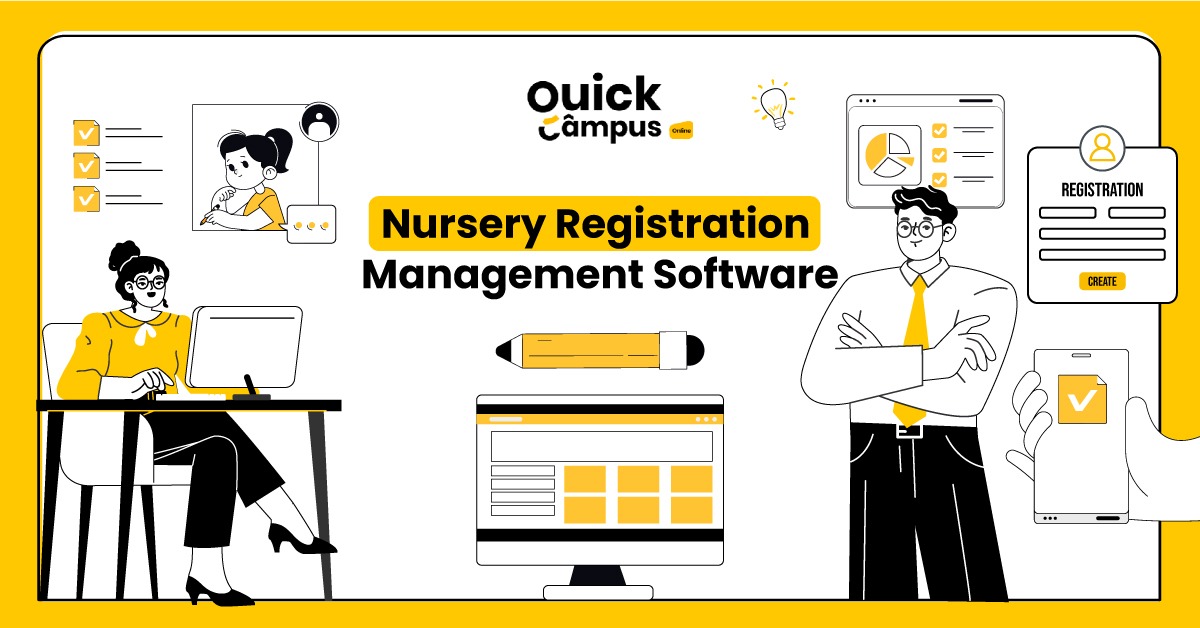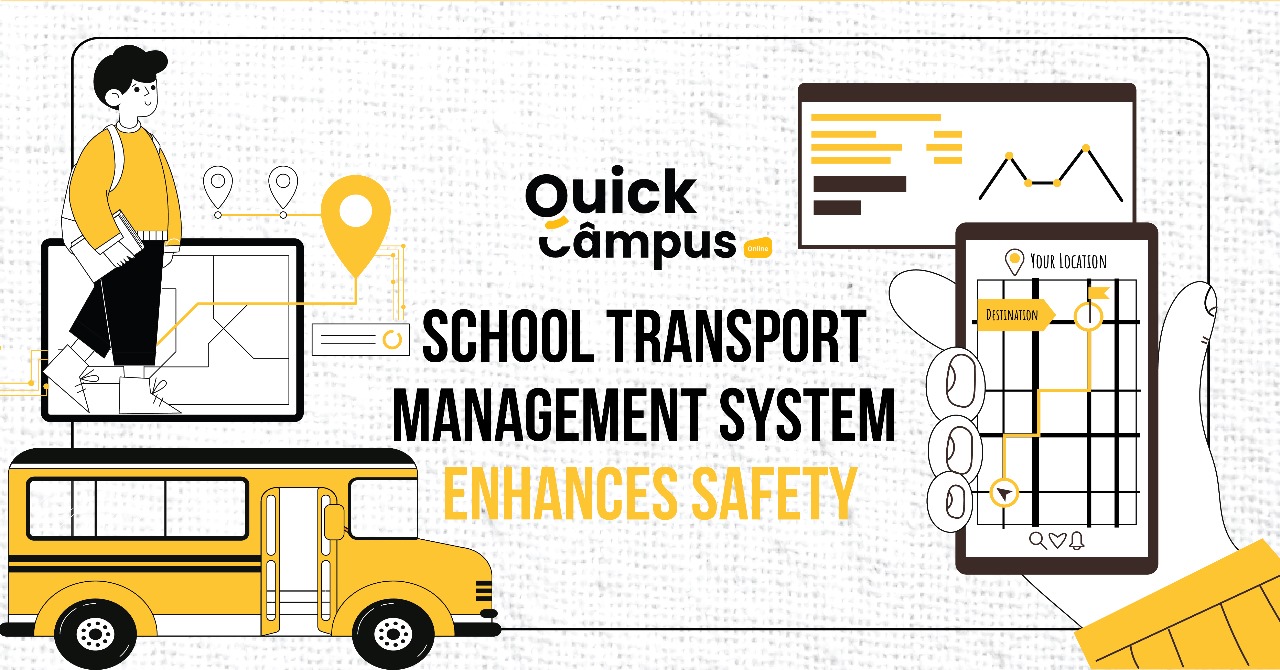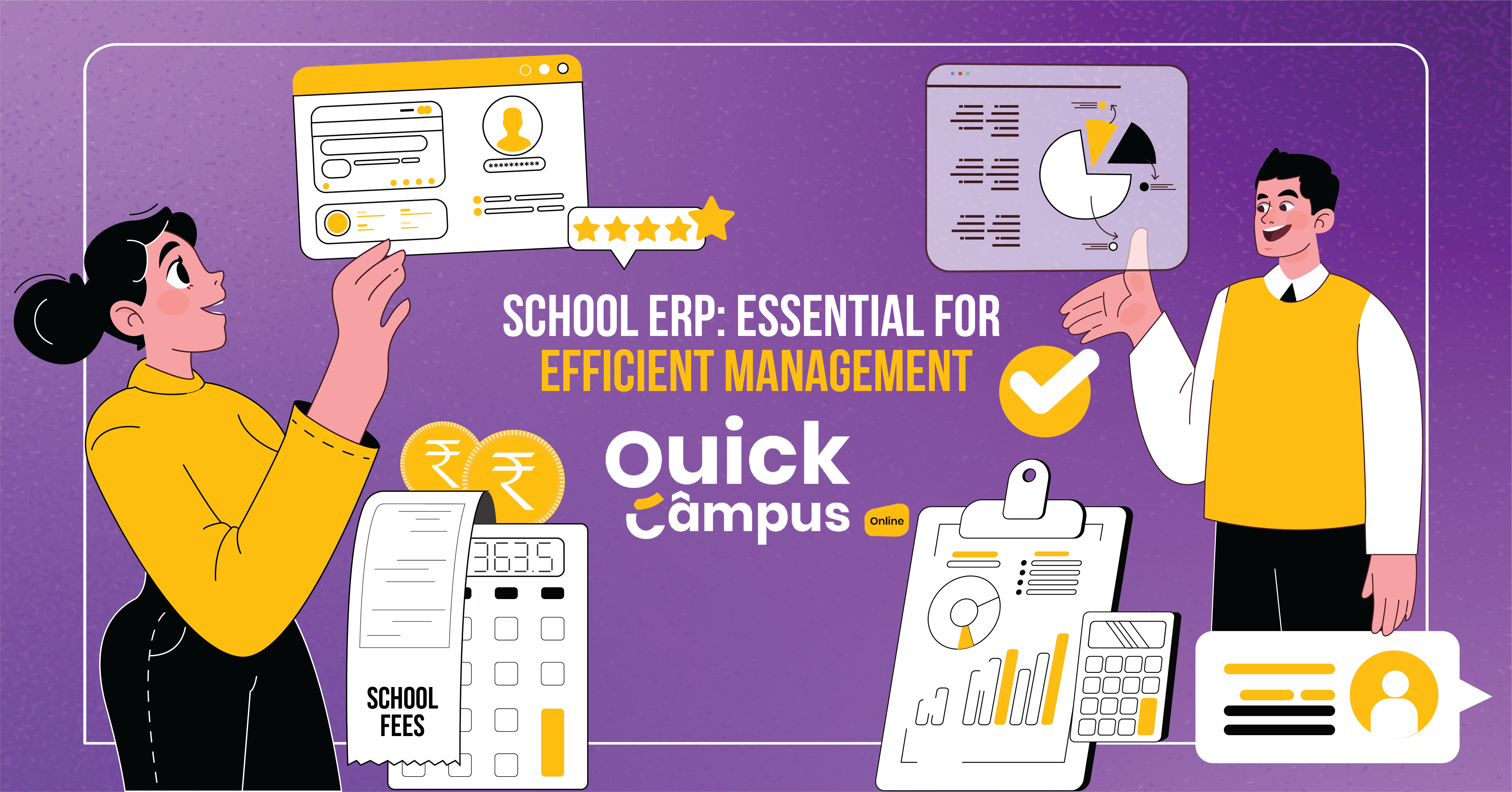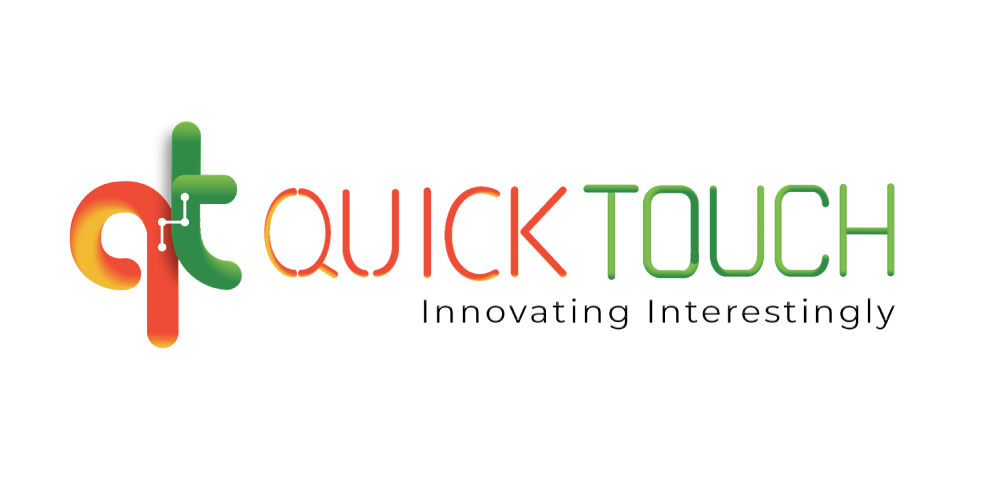Top Learning Management System Features To Look For
In recent years, learning management systems (LMS) have become a popular tool for organizations, businesses, and educational institutions to deliver and manage online courses and training programs. With the increasing demand for e-learning, the market for LMS platforms has grown, making it more difficult for decision-makers to choose the best one for their needs. In this article, we will discuss the top features to look for in a learning management system.
Top 7 Learning Management System Features
There are plenty of LMS available in the market boasting to offering amazing features and services. This makes it quite hard to make the right choice. That is why, below we have listed some of the top characteristics of learning management system that you should always look for:
1. User-Friendly Interface
The user interface (UI) is the first thing that learners and instructors will interact with, so it is crucial to choose an LMS platform with a user-friendly interface. A well-designed UI will make it easy for learners to navigate through the platform, access their courses, and track their progress. On the other hand, a complicated UI can lead to frustration, confusion, and lower engagement.
2. Customization And Branding Options
Organizations and educational institutions may want to customize their LMS platform to reflect their branding, logos, colors, and visual identity. The ability to customize the platform can help create a seamless user experience and improve learner engagement. Additionally, customization options allow administrators to tailor the LMS to their specific needs and requirements.
3. Course Creation And Management
The primary purpose of an LMS is to create, deliver, and manage online courses. Therefore, it is essential to choose an LMS platform that has robust course creation and management tools. Look for features such as drag-and-drop course creation, multimedia support, and the ability to create assessments, quizzes, and surveys. The platform should also allow administrators to manage course materials, schedule course sessions, and track learner progress.
4. Mobile Compatibility
With the increasing use of smartphones and tablets, learners expect to access their courses on any device. Therefore, it is crucial to choose an LMS platform that is mobile-compatible and responsive. Mobile compatibility allows learners to access their courses on the go, which can increase engagement and participation.
5. Analytics And Reporting
One of the key benefits of using an LMS platform is the ability to track learner progress and performance. Look for an LMS that has robust analytics and reporting tools, such as the ability to track learner activity, performance, and engagement. These tools can help administrators identify areas of improvement, evaluate the effectiveness of their courses, and make data-driven decisions.
In case, if you already have a good student information system implemented in your school then look for LMS that easily integrates with available tools for easy tracking of student records.
6. Integration With Other Tools
An LMS platform should not exist in isolation. It should integrate with other tools like online school management software or ERP systems that organizations and educational institutions use. Look for an LMS platform that has integration capabilities with tools such as content management systems, web conferencing tools, and customer relationship management systems. Integration capabilities can help streamline workflows, improve efficiency, and reduce the workload on administrators.
7. Security And Privacy
Finally, it is essential to choose an LMS platform that prioritizes security and privacy. Look for an LMS platform that uses industry-standard encryption, has secure login and password policies, and is compliant with data privacy laws such as the General Data Protection Regulation (GDPR) and the Family Educational Rights and Privacy Act (FERPA).
These are the key features that a good learning management system should always have. So, if you are planning to buy learning management then make sure whether it has all these features or not.
Is There LMS With Robust Analytics And Reporting?
Yes, Quick Campus Learning Management System is one of the leading solutions in the market that comes with robust analytics & reporting features. It is mainly designed for tracking the performance of schools & educational institutions. By using it, you can create question papers, take online assessments, and manage student performance all at one place.
Conclusion
In conclusion, choosing the right learning management system is crucial for the success of any online course or training program. The top features to look for in an LMS platform include a user-friendly interface, customization and branding options, robust course creation and management tools, mobile compatibility, analytics and reporting tools, integration capabilities, and security and privacy. By considering these features, organizations and educational institutions can choose an LMS platform that meets their specific needs and requirements.

